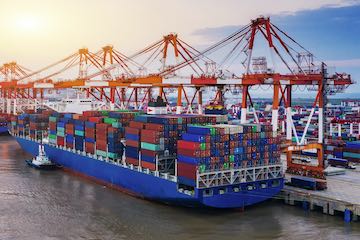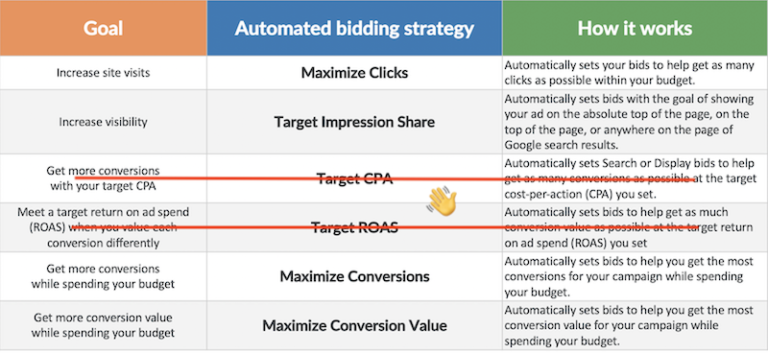
The report asserts that worldwide import prices will climb dramatically in the coming year unless shipping and supply chain disruptions are resolved. Demand for products increased in the second half of 2020 and into 2021, as consumers spent their money on commodities rather than services during pandemic lockdowns.
Worse, when ships arrive at their destinations later than expected, cargo operations and turnaround timetables become disjointed, triggering a disruption cascade in freight, truck, and warehousing services.
According to Bloomberg’s Port Congestion Tracker, U.S. ports are among the most congested in the world. “Discharge” refers to transferring goods from the shipping carrier to a receiving party. Roughly, it’s the wait time in a port to unload goods.
Increased demand for consumer goods, Covid-induced disruptions in container ship schedules, and a labor shortage at ports have produced longer wait times and supply-chain disruptions.
Container Prices
–
Freightos is an online international freight marketplace. The Freightos Baltic Index (FBX) is a collaboration of Frieghtos and the Baltic Exchange, a centuries-old provider of maritime freight information. FBX is the leading global ocean freight rate index for 40′ shipping containers. According to UNCTAD, if the current surge in container freight rates continues, global import prices will rise by 11% between now and 2023.
Port Congestion
Container scarcity is a side effect of the pandemic. The global movement of freight has yet to overcome interruptions from pandemic-related shutdowns.
Impact on Imports
December 2021 data from FBX shows the dramatic rise in 40′ container prices for ocean freight this year.
Moreover, according to Niels Larsen, president of Air & Sea North America at DSV, a global transport and logistics firm, a shortage of workers to load and unload containers at ports and warehouses, as well as truck drivers to transport them, has left an estimated 3 million containers stranded around the world.
“The Review of Maritime Transport” is an annual publication by the United Nations Conference on Trade and Development. According to the 2021 edition, published on November 18, the global economy’s recovery is endangered by high freight rates.






